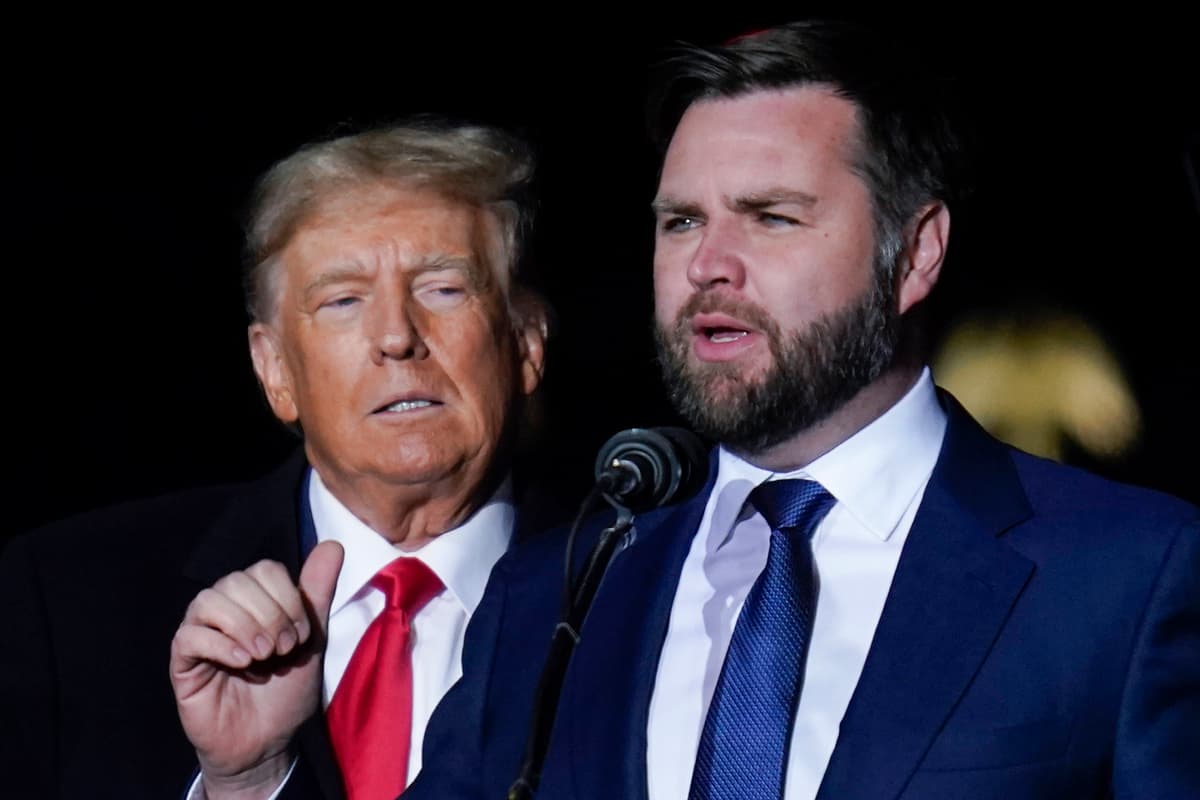A Trump-Vance Foreign Policy Could Reshape the GOP for Decades to Come
Their brand of statecraft seeks to quickly end the war in Ukraine, bolster support to Israel, and, most importantly, quell the threat of Communist China.

The selection of Senator Vance as President Trump’s running mate is likely to energize the “realist” school of foreign policy and be seen as a setback to the hawkish neoconservatives that have played a leading role in the GOP for decades.
Please check your email.
A verification code has been sent to
Didn't get a code? Click to resend.
To continue reading, please select:
Enter your email to read for FREE
Get 1 FREE article
Join the Sun for a PENNY A DAY
$0.01/day for 60 days
Cancel anytime
100% ad free experience
Unlimited article and commenting access
Full annual dues ($120) billed after 60 days

